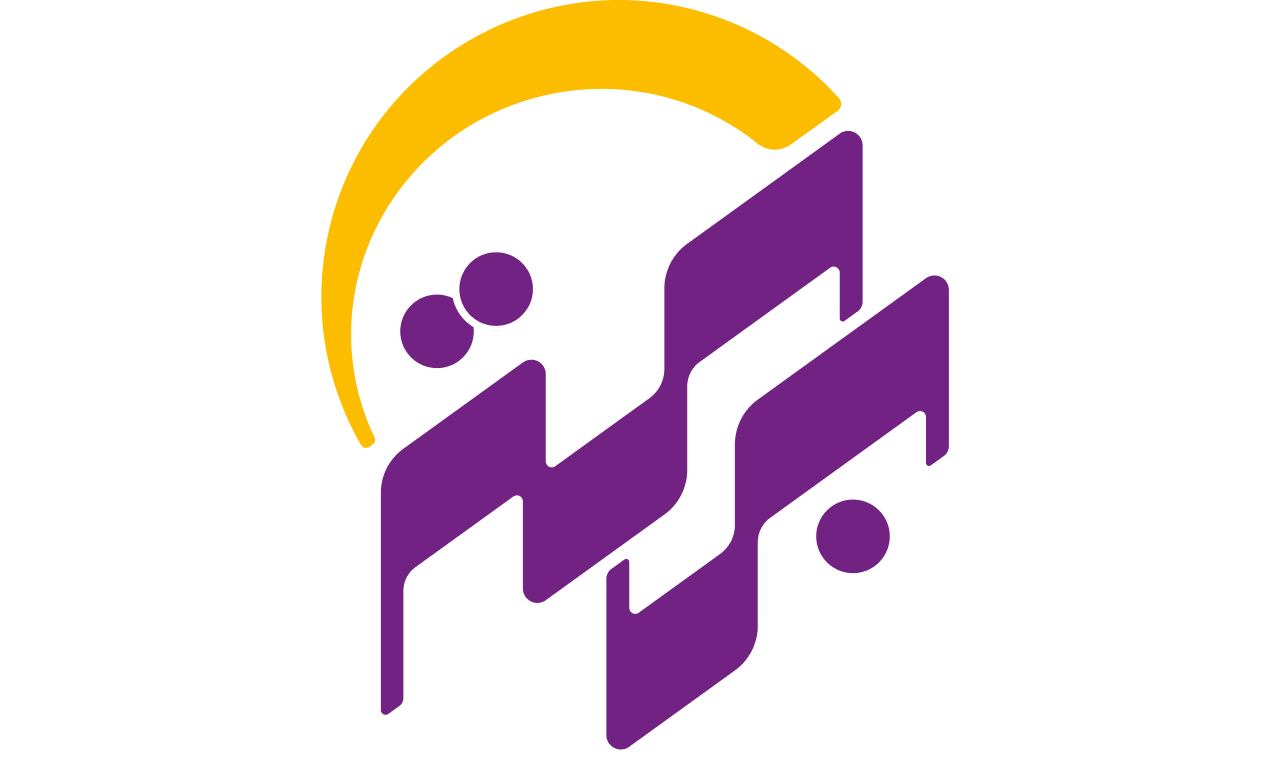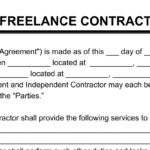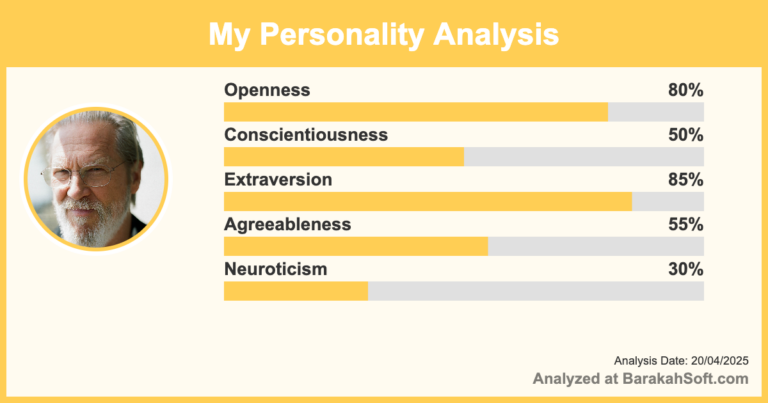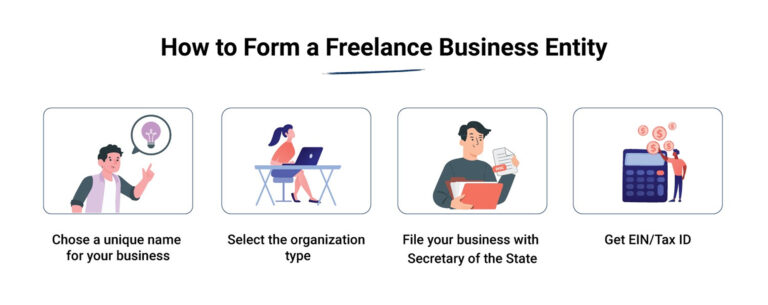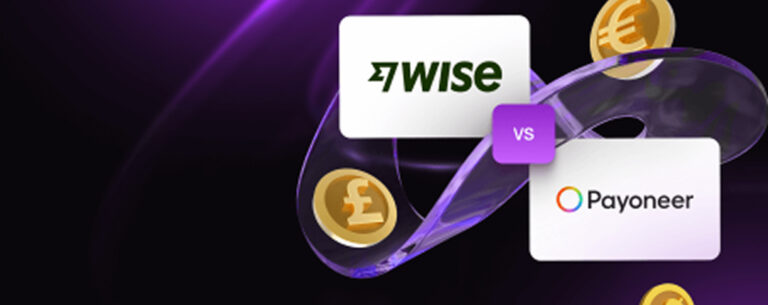If you’re a freelancer handling client data, building apps, or sending invoices across borders—your internet connection is part of your business infrastructure. And it’s one that’s often left exposed.
Coffee shops, co-working spaces, and even home networks leave you vulnerable to data leaks, spying, and breaches. That’s why more freelancers are using VPNs—not just for privacy, but to protect client trust and legal compliance.
Here’s a breakdown of the best VPN services for freelancers in 2025, based on security, speed, ease of use, and affiliate potential if you’re recommending them to others.
Why Freelancers Actually Need a VPN
A VPN (Virtual Private Network) encrypts your internet connection and routes it through a secure server. That means:
-
Your IP address is hidden
-
Your internet traffic is encrypted
-
Your client work and credentials are harder to intercept
This matters if:
-
You use public Wi-Fi
-
You log into client portals or admin panels
-
You handle sensitive content (like medical, legal, or financial data)
-
You live in a country with restrictive or monitored internet access
What Makes a VPN Freelancer-Friendly?
Look for:
-
Strong encryption and no-log policies
-
Fast speeds (so it doesn’t slow your dev work or uploads)
-
Easy-to-use apps for desktop and mobile
-
Server locations near your clients (for speed and testing)
-
Optional features like kill switch, split tunneling, and browser extensions
Here are the best options right now.
1. NordVPN
Best for: Freelancers who want strong all-around protection, performance, and reputation
NordVPN is one of the most trusted names in the VPN world. It’s fast, secure, and feature-packed—but still easy to use for non-techies.
Key features:
-
5,900+ servers in 60 countries
-
Strict no-logs policy (Panama-based)
-
Double VPN and Onion Over VPN options
-
Threat Protection (blocks ads and malware)
-
Kill switch and split tunneling
-
Dedicated IP option (great for consistent access to client portals)
Plans: Start at ~$3/month with long-term deal
Affiliate potential: High-paying, often $80–$100 per conversion
Pros:
-
Great speed and security
-
Easy setup for all devices
-
Trusted by privacy pros and YouTubers alike
Cons:
-
Advanced features may feel overwhelming at first
-
No free trial, but 30-day money-back guarantee
2. Surfshark
Best for: Freelancers on a budget who need solid protection across unlimited devices
Surfshark is a rising star—offering premium-level features at a budget price, and the rare ability to protect unlimited devices on one account.
Key features:
-
3,200+ servers in 100+ countries
-
Unlimited simultaneous connections
-
CleanWeb: built-in ad/tracker blocker
-
Camouflage Mode (obfuscation for restricted regions)
-
AES-256 encryption with no-logs policy
Plans: From $2.49/month (2-year plan)
Affiliate potential: High — ~$80 per sale on some platforms
Pros:
-
Great value for price
-
Perfect for freelancers with many devices
-
User-friendly with strong mobile apps
Cons:
-
Newer brand, not as battle-tested as Nord
-
Slightly fewer advanced tools
3. ExpressVPN
Best for: Freelancers who prioritize speed and simplicity over complex features
ExpressVPN is known for fast servers, reliable connections, and simplicity. It’s great if you want something that just works without tweaking settings.
Key features:
-
Servers in 94 countries
-
Best-in-class AES-256 encryption
-
Split tunneling and kill switch
-
TrustedServer tech (RAM-only servers)
-
Audited no-logs policy
Plans: Starts at $8.32/month (1-year plan)
Affiliate potential: Strong — ~$100 CPA on average
Pros:
-
Excellent speeds, even on distant servers
-
Very clean UI and fast setup
-
Works well in restrictive countries (China, UAE, etc.)
Cons:
-
Pricier than competitors
-
No built-in ad blocker
4. ProtonVPN
Best for: Privacy-first freelancers who also use Proton Mail or Drive
ProtonVPN is built by the team behind Proton Mail. It’s open-source, privacy-focused, and based in Switzerland (a major plus for legal privacy protection).
Key features:
-
No-logs, Swiss jurisdiction
-
Open-source apps with independent audits
-
Secure Core routing (double VPN through privacy-friendly countries)
-
Free tier available (limited speed/servers)
Plans: Free tier available, paid from $5/month
Affiliate potential: Moderate ($25–$35 per conversion average)
Pros:
-
Most transparent provider
-
Great for freelancers in legal/NGO fields
-
Strong bundle with Proton Mail, Drive, Calendar
Cons:
-
Fewer server locations than others
-
Free version is slow
5. Private Internet Access (PIA)
Best for: Devs and tech-savvy freelancers who want customizable security
PIA has been around for years and offers a highly configurable VPN with deep options, advanced security, and reliable performance.
Key features:
-
10,000+ servers in 80+ countries
-
Fully open-source
-
Strong encryption and protocol choices (WireGuard, OpenVPN)
-
MACE ad/malware blocking
Plans: From $2/month (3-year deal)
Affiliate potential: Moderate to strong ($60–$80 per sale)
Pros:
-
Power-user friendly
-
Transparent, community-driven development
-
Generous device limits
Cons:
-
Slightly more complex to configure
-
U.S.-based (less ideal for strict privacy purists)
Which Should You Choose?
Use this quick guide:
-
Most balanced choice → NordVPN
-
Best value + unlimited devices → Surfshark
-
Fastest & easiest to use → ExpressVPN
-
Most private + open-source → ProtonVPN
-
Most customizable → Private Internet Access
Final Word
Freelancers often protect their code but leave their connection exposed. A VPN is one of the simplest tools to secure your business, your client relationships, and your data—especially when you’re working across borders, on shared networks, or traveling.
It’s not optional anymore. Pick one, set it up in 5 minutes, and start working safer today.
